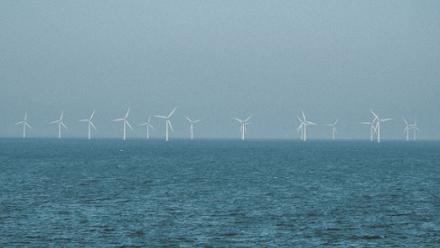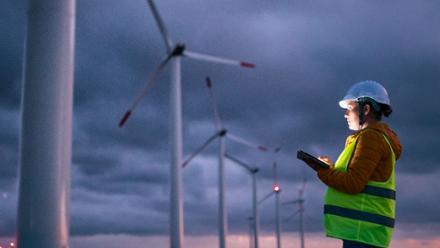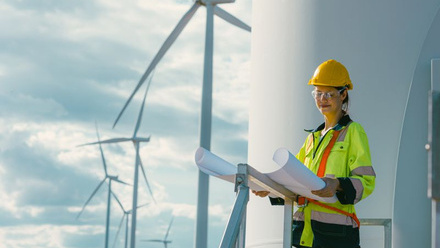Increasing women’s participation in net-zero transition to close employment gap
Government and business need to help women benefit from the job opportunities created by the transition of OECD economies to net zero, say PricewaterhouseCoopers.

Analysis from PricewaterhouseCoopers shows that the net zero transition will increase jobs overall, with more jobs in 2030 in 15 out of 20 sectors economies across countries in the Organisation for Economic Cooperation and Development (OECD).
The accounting and professional services firm predicts that the largest proportional job increases will be in utilities, construction and manufacturing, which are disproportionately underrepresented by women.
These sectors currently employ nearly a third of the male workforce across the OECD, compared to only 11% of the female workforce.
If nothing is done to improve women’s representation in these sectors, PwC estimates that the employment gap between men and women across the OECD will widen by 1.7 percentage points by 2030, from 20.8% in 2020 to 22.5% in 2030.
PwC claims that increasing women’s employment across the OECD could increase GDP by US$6 trillion a year, while closing the gender pay gap in the OECD might boost women’s earnings by US$2 trillion per annum.
According to the company’s Women in Work Index gender equality at work was set back by at least two years due to the pandemic.










